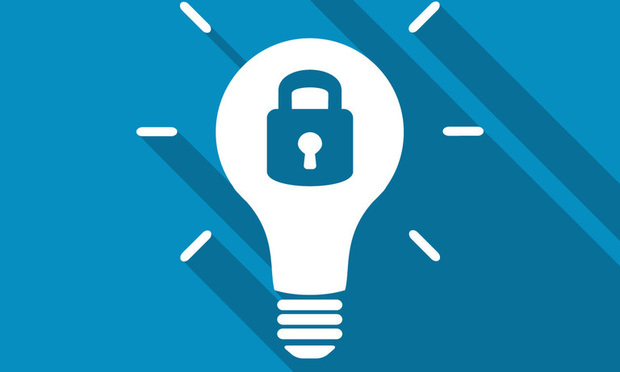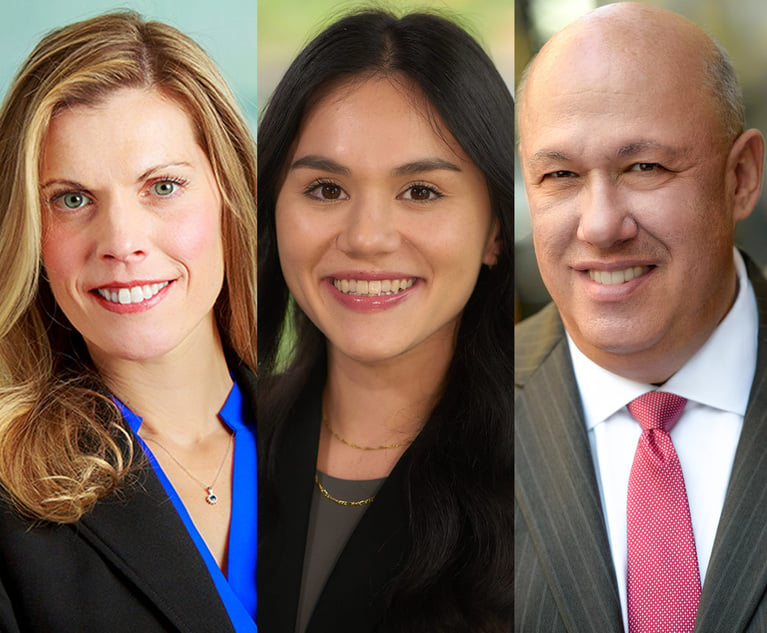 The recipe for swinging the pendulum of patent law towards weaker patent rights is simple: Start with a generous warning about the scourge of low quality patents, stir in a skosh of fear mongering regarding non-practicing entities (NPEs) asserting those patents, then apply heat with predictions of lost jobs and threats to innovation, publicize in a blog, speech or article, and there you have it!
The recipe for swinging the pendulum of patent law towards weaker patent rights is simple: Start with a generous warning about the scourge of low quality patents, stir in a skosh of fear mongering regarding non-practicing entities (NPEs) asserting those patents, then apply heat with predictions of lost jobs and threats to innovation, publicize in a blog, speech or article, and there you have it!
Hyperbole aside, the long accepted nexus between NPEs and “low quality patents” rests on the notion that, true to their name, NPEs purchase patents without the intent to practice them in products. Grace Heinecke, “Pay the Troll Toll: The Patent Troll Model is Fundamentally at Odds with the Patent System’s Goals of Innovation and Competition,” 1171. Instead of aiming to use their patents in the traditional sense, NPEs—specifically the subset of NPEs pejoratively referred to as “patent trolls”—acquire patents to assert them against parties practicing those patents, to extract licensing fees or settlement payments, which the practicing entities choose to pay to avoid the cost of litigating an infringement suit. Id. at 1171-72; John F. Luman III & Christopher L. Dodson, “No Longer a Myth, the Emergence of Patent Troll: Stifling Innovation, Increasing Litigation, and Extorting Billions.” (This article will treat the terms “non-practicing entity,” “patent troll,” “patent assertion entity” and “patent monetization entity” as equivalents.) Since low quality patents yield unpredictable litigation outcomes, so the accepted wisdom goes, they are “excellent fodder” for NPEs, who leverage this uncertainty to induce settlements from alleged infringers. Luman & Dodson, supra.






